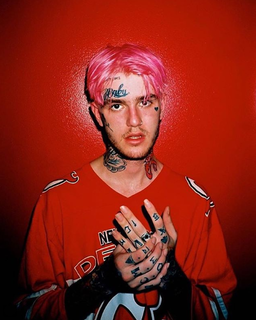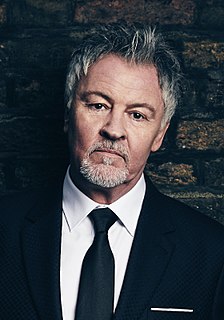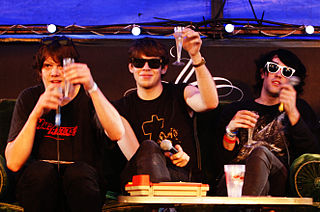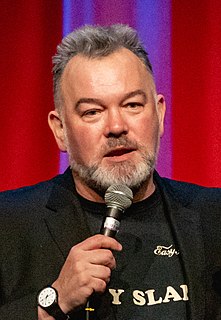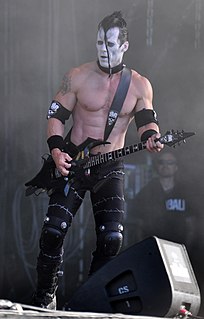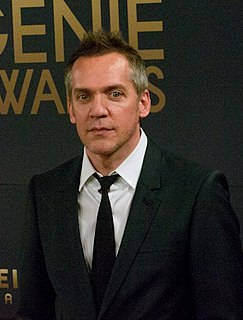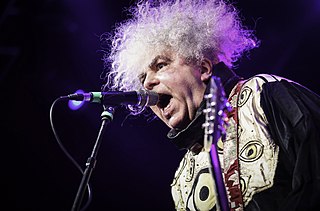A Quote by Tom Junod
I didn't love David Bowie. Sure, I loved a lot of his songs, like everybody else, and, like everybody else, I had an incarnation of Bowie that I loved best - in my case, the solemn 'art-rock' Bowie of the late Seventies.
Related Quotes
It's fun to look at people that are so good at acting that aren't actors, like David Bowie creating a mystique about rock n' roll. I've listened to 'Ziggy Stardust' as much as any rock n' roll fan - I don't really know what it's about, but it sure is fun to think about David Bowie as this mad creation.
If you took a couple of David Bowies and stuck one of the David Bowies on the top of the other David Bowie, then attached another David Bowie to the end of each of the arms of the upper of the first two David Bowies and wrapped the whole business up in a dirty beach robe you would then have something which didn't exactly look like John Watson, but which those who knew him would find hauntingly familiar.
I was born in 1963. So the '70s were my teenage years. As a teenager, I was into rock and roll - Bowie, Rolling Stones, Pink Floyd, even more progressive music like Genesis, and I was into a lot of British rock and roll. But I loved also American rock and roll. CCR, Jimmie Hendrix, The Doors, Patty Smith, and Bob Dylan.

